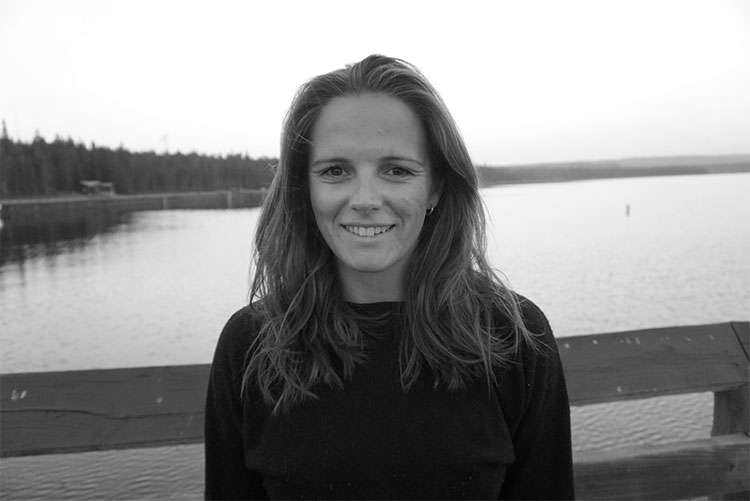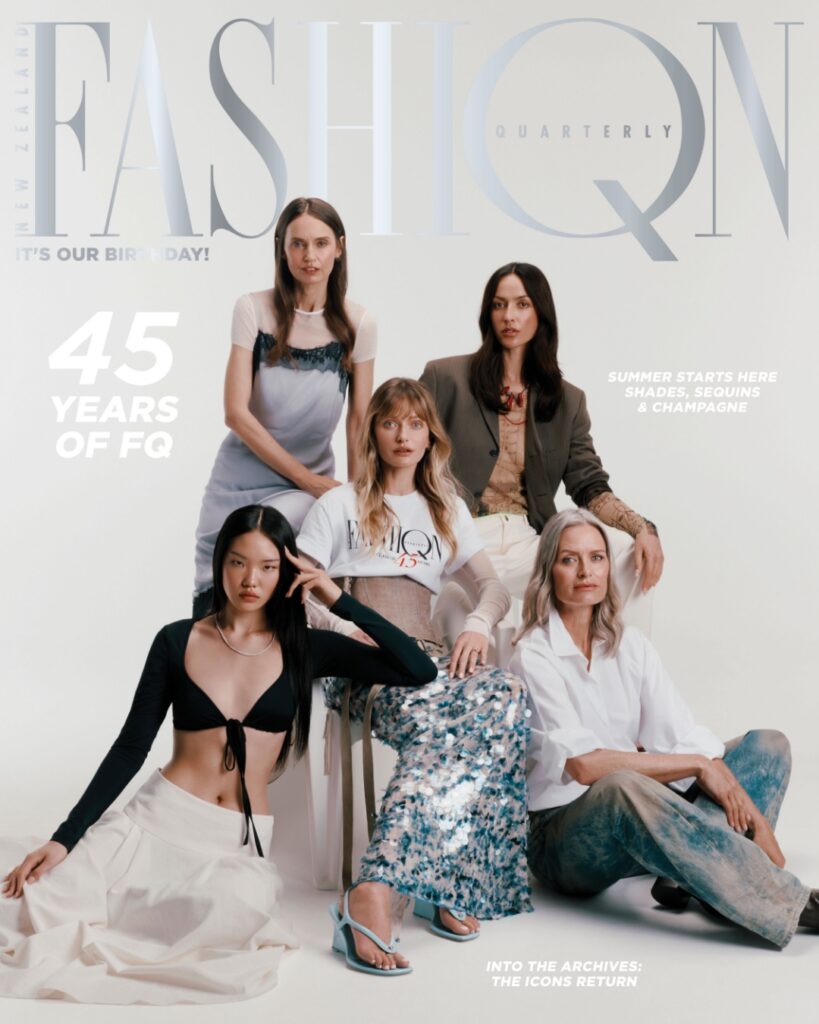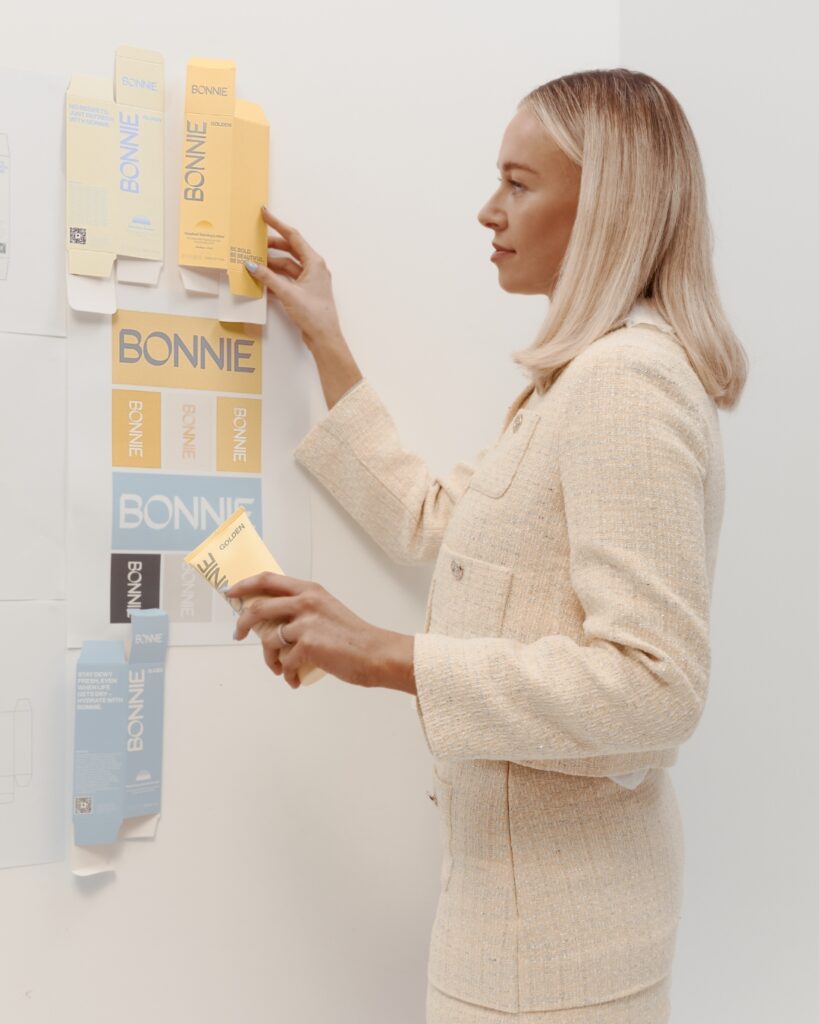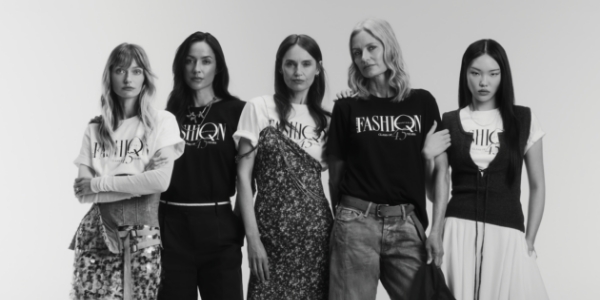
An early interest in science turned into a meaningful career choice for Annabelle Kerr.
Annabelle Kerr (26) has a job title you’ve probably never heard of – and wouldn’t necessarily come across either, unless you or a family member have been diagnosed with a genetic disorder. Annabelle’s role is to provide support and intel to patients who have or might be carrying a defective gene, to help them understand their diagnosis and mitigate any potential risk, including the risk of passing the defective gene on to the next generation. An interest in biological sciences started early for Annabelle, and was nurtured during her schooling years at King’s College, but it wasn’t until her mum came across an article on genetic counselling that she set her sights on a career in this area…
Here’s what Annabelle has learned over the years and the advice she would share, in her own words:
Tell us what it’s like to be an associate genetic counsellor.
The main focus of genetic counselling is to facilitate decision-making around genetic testing for patients and their family members. To do this, we meet and speak with patients to provide genetic information and support – this could be about inheritance patterns, signs and symptoms and possible outcomes of testing. Patients include individuals who have recently been diagnosed with cancer, someone whose parent has a genetic condition and they have requested predictive testing, or a patient who requires information about the recurrence risk of a genetic condition in the next generation. Genetic conditions include hereditary cancer, cardiac conditions, neurological conditions, or prenatal genetic conditions. We also gather information such as family and pedigree (family tree) information in order to provide an accurate risk assessment as well as information for the future generations. I also am currently working on my genetic counselling certification to ensure continuing education and development of my skills in the profession.
Growing up, did you always see yourself working in the biological and social sciences?
Growing up I was always interested in biological sciences and I wanted to be a veterinarian for a long time. However, as I continued to meet and work with different groups of people throughout school I discovered my passion for connecting with people and being part of a community. The support and opportunities available at King’s College helped me recognise this passion. I had a number of leadership opportunities that allowed me to work with a range of people, both staff and students, and face some challenging circumstances. Whether it was chairing a committee, organising an event, cheering your house on for athletics, or receiving feedback on academic work, the King’s community provided a space to learn and nurture a number of different skills. I felt like every student is encouraged to participate in sporting and cultural activities as well as clubs and committees. This encouragement allowed me opportunities to connect with mentors and nurture my passion.
How did going to King’s College prepare you for your career now?
I took sciences at King’s College and I feel these subjects helped me to understand a number of biological concepts apply these to a range of scenarios. However, I feel the extracurricular activities available at King’s helped prepare me just as much for genetic counselling; doing volunteer work, participating in committees, being a member of a boarding house and striving to play your part on a sports team, all taught me how to be part of a community and to work with a vast range of people with different skills and ideas.
What’s the best advice you ever received from a teacher?
A teacher at King’s once told me: “Learn from your mistakes because those are the moments that will shape you” – unfortunately, mistakes are never fun but I have found this is very true.
How (and when) did you wind up in your current line of work?
I had finished my Bachelor of Science at Canterbury University and was searching for work or further study opportunities. I look back on this time and remember how difficult it really was because I felt I was making a huge life decision with no path to take. I wasn’t ready to work full time but also did not know what to study. I discussed this at length with my parents and we prioritised my passion for working with people and genetics. With a bit of luck and my mother’s avid reading skills, she stumbled upon an article about genetic counselling and I felt it encompassed both my passions and it was an exciting and continuously developing field. I then applied for the Master of Genetic Counselling programme at the University of Melbourne and started this course the following year.
How does someone get referred to a genetic counsellor?
A patient is referred to a genetic counsellor in the public or private health system through their GP or specialist, due to a family history of a genetic condition or if they possibly meet criteria for genetic testing. An example would be a woman who has been diagnosed with pre-menopausal breast cancer and may also have a family history of cancer that may suggest a hereditary cancer syndrome such as ovarian cancer and breast cancer. When someone is booked in to see a genetic counsellor is very dependent on the context and what genetic conditions are being considered. For hereditary cancer, patients are typically referred after a diagnosis of cancer unless a genetic condition has previously been established in a family. Patients who do not have cancer are referred to receive advice about how to manage their cancer risk.
How often do you meet with a patient?
A patient will typically attend one or two genetic counselling sessions and is dependent on the initial risk assessment. Traditionally, if genetic testing is facilitated there is an appointment for pre-test counselling and an appointment for the result. However, with more complex testing, further appointments may be required.
What does a typical day look like for you?
A typical day may include preparing family files by collecting diagnosis and demographic information, discussion and assessment with other genetic counsellors and geneticists regarding genetic testing or family histories, interpreting results, contacting patients regarding appointments and results, liaising with other specialities regarding the care of patients, attending departmental multidisciplinary meetings, triaging patients and being on call and attending supervision meetings as a group and individually. We work within a multidisciplinary team of medical geneticists as well as medical specialists, laboratory specialists and nurse coordinators. There are also a number of research projects and opportunities available.
What do you like most about your job?
Providing options and clarity of information in situations that are challenging and emotional for a number of people. We are in a unique position where we can provide clarity to patients when a number of decisions are required of them, particularly when decisions about genetic testing may change their or their family’s future. I feel very privileged to work with patients during these times and recognise the importance of our role to provide information and support in these circumstances.
What are the biggest challenges?
The biggest challenge (and privilege) is experiencing patient emotions and hearing about their experience and then reflecting on this after the consultation. There is a large amount of supervision and support within genetic services that serves as a method for genetic counsellors to reflect and learn from consultations and to support one another.
What’s something no one tells you about being a genetic counsellor?
The huge range of patients that you will meet and what a privilege it is to be a part of their journey.
What do you think are the qualities that have helped you most in your career to date?
The ability to empathise and the ability to continuously self-reflect on my genetic counselling practice.
What environments and experiences do you think nurtured these qualities in you?
Living, working and growing with a range of people at King’s College and attending university in New Zealand and overseas. These experiences challenged me to relate to more people and self-reflect in various contexts and learn from my experiences.
This article is brought to you by King’s College.










